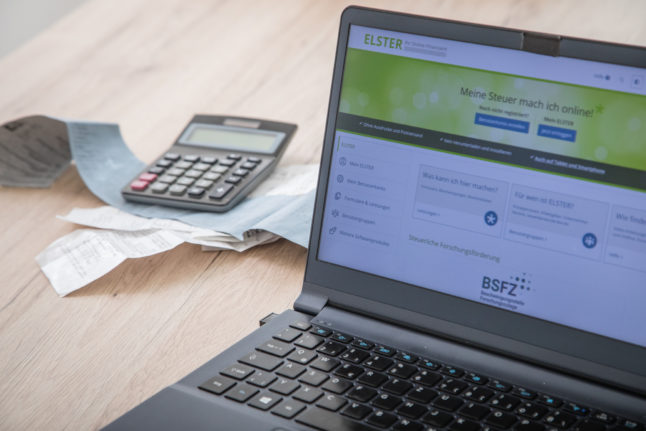At exactly 8:42 am, Germans started symbolically pocketing their entire wages, according to calculations by the German Association of Taxpayers. Prior to July 14 this year, the country’s overall tax burden of 53.3 percent effectively ate up everyone’s wages.
But the group said its tax freedom day came nearly a week later this year than in 2008.
“The fact that Taxpayer Remembrance Day comes six days later this year shows that demands for lower taxes are totally justified,” said association President Karl Heinz Däke.
However, Däke acknowledged the day when taxpayers are working for themselves could come a bit earlier in 2010 due to a recent change allowing employees to write off their contributions to government health insurance. This will lower the tax burden by some €9.4 billion next year.



 Please whitelist us to continue reading.
Please whitelist us to continue reading.
Member comments